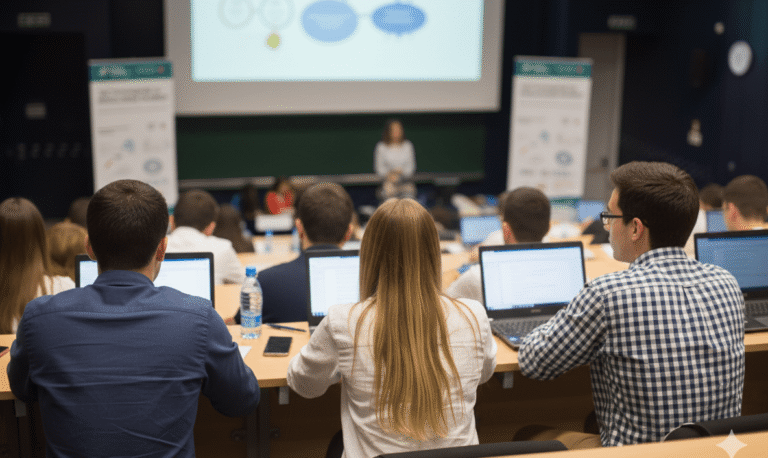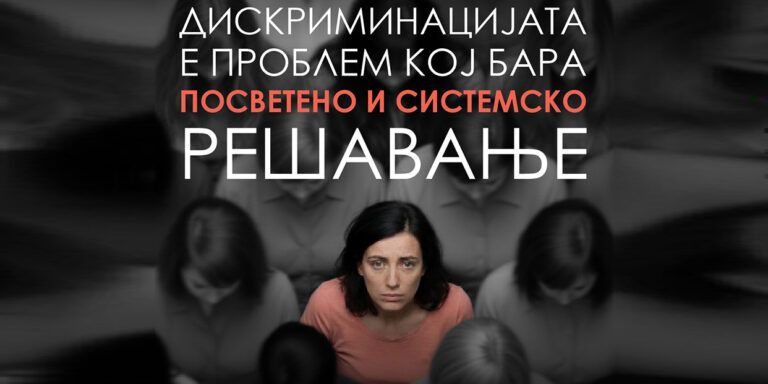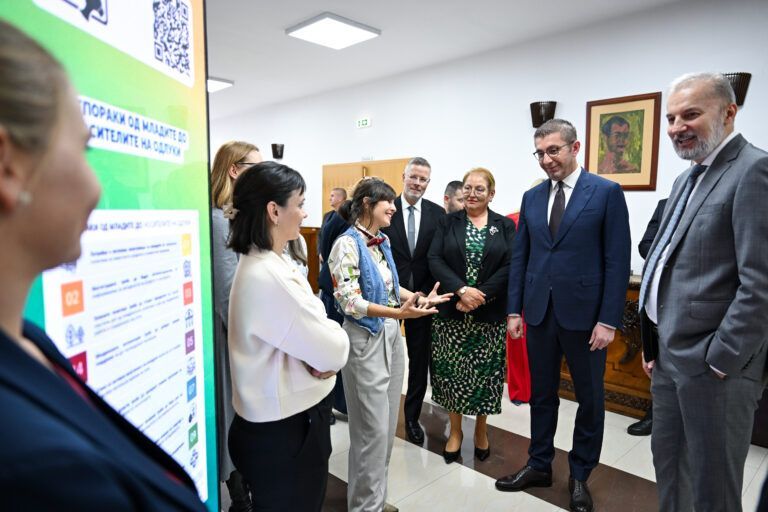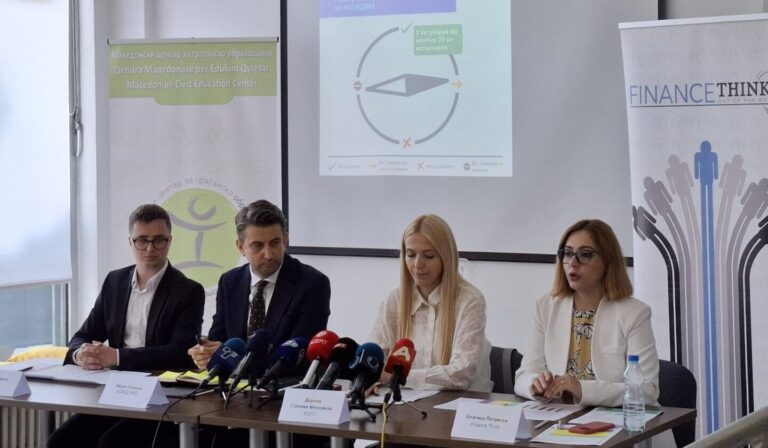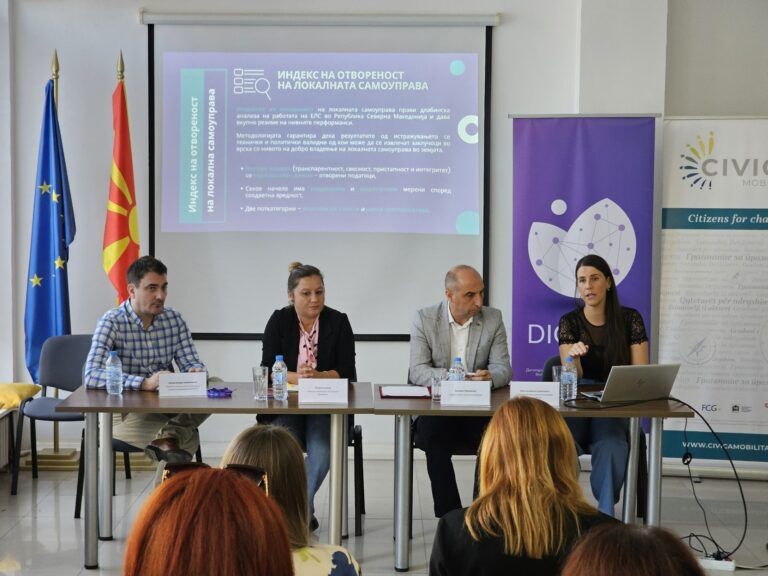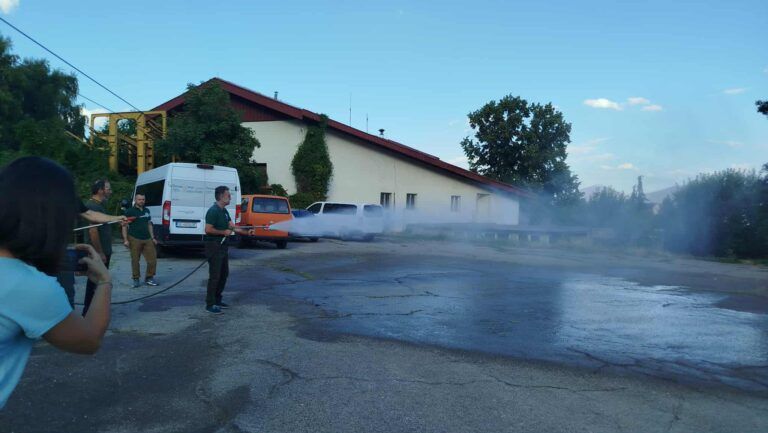I TOO HAVE A DREAM
“Near the Aleksandar Palace Hotel, opposite an ultra-luxurious house and next to a former illegal landfill, in a small cardboard box divided into a room and a tiny entrance area, lives a family of six: Ferdi, 34 years old, Fatmira, 30 years old, and their four children. Ferdi is from Skopje, a Macedonian Roma who has all the necessary documents, while the mother, Feride, was born in Skopje but moved with her family to what was then General Janković, a village in the municipality of Uroševac, in the southern part of Kosovo, now Hani i Elezit. During the displacement in the conflicts in the former SFRY in the 1990s, she lost all her documents, along with her legal identity. Since then, she has been a person without a legal identity. All of her legal heritage in terms of belonging to any state was lost,” says photographer Ognen Teofilovski, who is working on a series of photographs on the topic of stateless people, also known as “ghost people.” The photographs are part of the project “Marginalized Groups – From Problem to Benefit”, implemented by the NGO Kontrasta and supported by Civica Mobilitas.
Photo: Ognen Teofilovski
Feride says she is from Macedonia, that she was born in Macedonia, but moved with her family to Hani i Elezit, and later returned to Macedonia where she started a family with Ferdi. Her entire “legacy” of having no legal identity has been passed on to their four children, all of whom were born in a hospital in Macedonia. Although the father is a Macedonian citizen, the children inherit their mother’s problem because, in order to register them and obtain a unique personal identification number, documents from both parents are required.
As a result, the children have no right to healthcare or education. The elementary school “Brothers Ramiz and Hamid” in Shuto Orizari allows these children to attend classes, but in the end, cannot issue them a certificate. They have birth certificates from the civil registry, but these contain only their first and last names and date of birth — without a unique personal number.
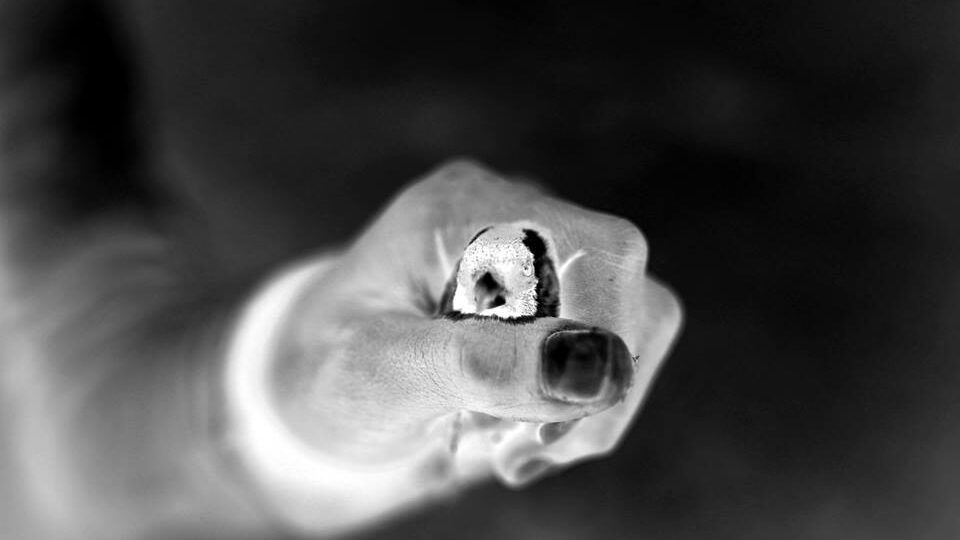
Photo: Ognen Teofilovski
“The eldest son, Gardijan, is 14 years old, and with his brother Riamondo, who is 12, spends his time catching birds. While they were showing me their birds, I asked them what they wanted in life. Then Gardijan, probably never having heard of the human rights fighter Martin Luther King and his legendary speech ‘I Have a Dream’, told me, ‘I have a dream to one day have a home with running water,’” says Teofilovski.
Even if the parents do not have legal identity, the children should not be allowed to bear the consequences of the system’s negligence.
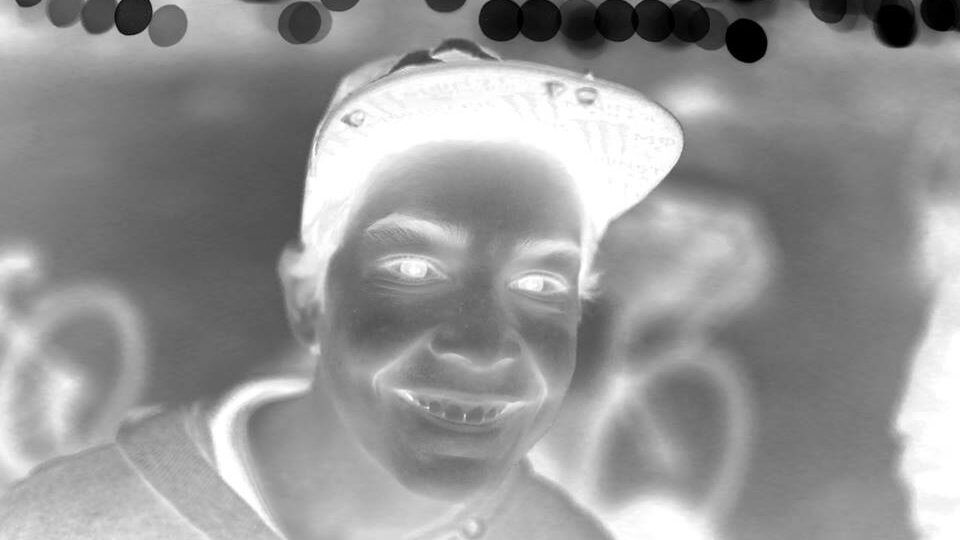
Photo: Ognen Teofilovski
Professor Svetlana Trbojevik, head of the Institute for Social Work and Policy at the Faculty of Philosophy, “Ss. Cyril and Methodius” University in Skopje, says that to solve the problem, several actions need to be undertaken. Here are her recommendations for overcoming the issue of “unregistered persons,” “phantom people,” or “ghost people”:
Seeking legal assistance and support from NGOs active in the field of human rights protection, as well as organizations advocating for the rights of the Roma community;
Appointing a free legal adviser;
Self-organization of those affected in order to find an institutional solution to the problem;
Submitting a complaint to the Ombudsman to initiate proceedings for violation of basic human rights (right to citizenship, housing, education, healthcare, and social protection);
Increasing awareness about existing systemic solutions and activities for overcoming the problem;
Identifying the essential missing documents that would enable entry into the civil birth registry;
Initiating proceedings to establish the mother’s identity, if necessary through DNA analysis;
Assigning a personal social worker who will help the family access certain rights and services from public, private, and non-governmental organizations, thereby ensuring basic existential aspects of protection.
The Citizens’ Association for the Promotion of Public Debate, KONTRASTA Skopje, is a beneficiary of a small action grant from Civica Mobilitas.



